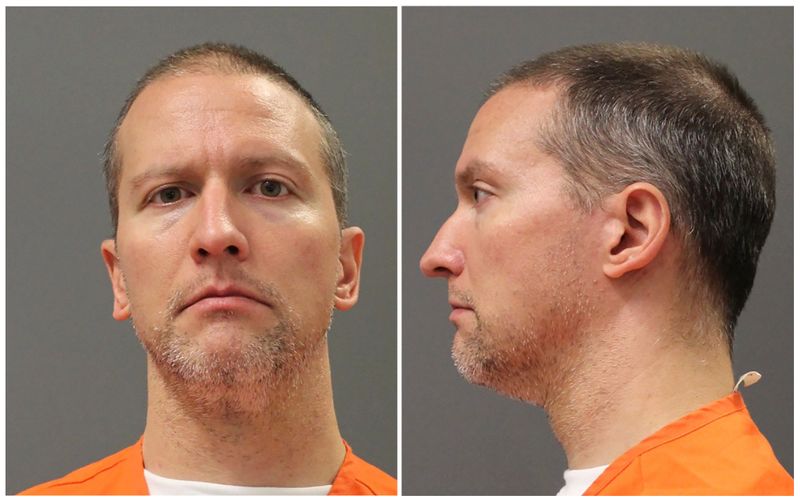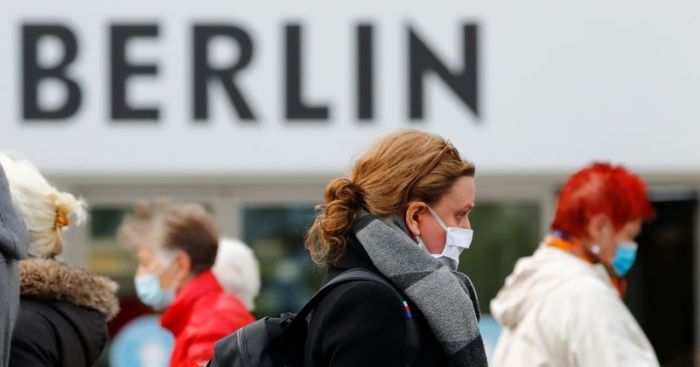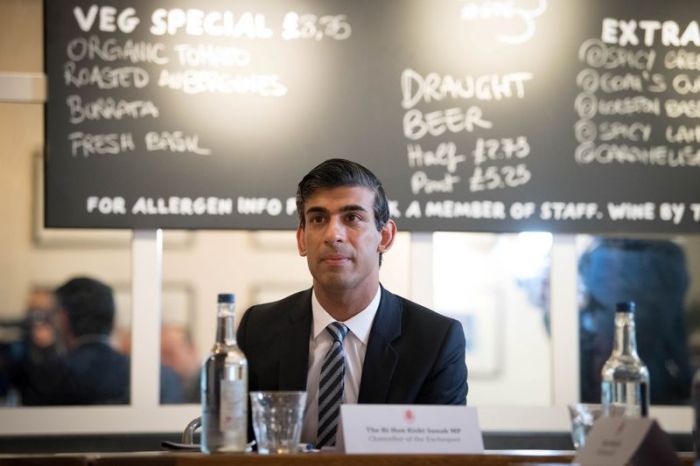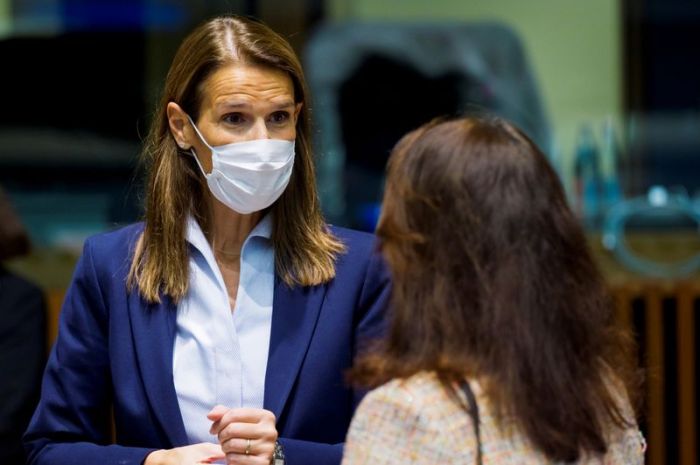(Reuters) – A judge dismissed a lesser murder charge against former Minneapolis police officer Derek Chauvin but said he still had to face the most serious murder charge in George Floyd’s death in May, according to a court ruling released on Thursday.
Hennepin County Judge Peter Cahill said prosecutors did not have probable cause to charge Chauvin with third-degree murder but said the evidence supported taking to trial a second-degree murder charge, which could lead to decades in prison.
Minnesota Governor Tim Walz announced that he had activated the Minnesota National Guard as a “precautionary step” following the ruling, which he said marked “a positive step in the path toward justice for George Floyd.”
The fatal arrest of Floyd on May 25, captured on video by bystanders, sparked weeks of angry and sometimes violent protests in Minneapolis and elsewhere over police brutality and racism. Chauvin is white, while Floyd was a Black man.
Cahill described in detail how Chauvin used his knee to press Floyd’s neck and face “into the unforgiving concrete of Chicago Avenue” in Minneapolis even after Floyd pleaded that he could not breathe and then became unresponsive.
Cahill upheld a manslaughter charge against Chauvin and all six charges against three other officers — Thomas Lane, J. Alexander Kueng and Tou Thao — for allegedly aiding and abetting Chauvin in the murder. Kueng and Lane helped hold Floyd down by restraining his back and legs, Cahill noted, while Thao kept a group of bystanders at bay.
Minnesota Attorney General Keith Ellison portrayed the ruling as a win for his office.
“The court’s decision to dismiss just one of the lesser charges against just one of the defendants — while leaving intact all the charges against the other three defendants — is based on how appellate courts have interpreted the statute in question,” Ellison said in a statement.
“We are considering our options in light of the court’s strong order on the remaining charges.”
Lawyers for Floyd’s family also welcomed the ruling.
“We are gratified that the court preserved eight of the nine charges against Derek Chauvin, including the more serious second-degree murder charge for which we expect a conviction,” Ben Crump and Antonio Romanucci said in a statement.
In his ruling, Cahill said a third-degree murder charge was appropriate in cases in which a defendant’s actions were “eminently dangerous to other persons” and were not specifically targeted at the person who died.
“The evidence presented by the State does not indicate that Chauvin’s actions were eminently dangerous to anyone other than Floyd,” Cahill wrote.
Chauvin’s lawyer, Eric Nelson, declined to comment.
Earlier this month, Cahill ruled that Chauvin, who had posted a $1 million bond with a condition that he stay in Minnesota, could leave the state as he awaited trial due to safety concerns.
(Reporting by Nathan Layne in Wilton, Connecticut and Maria Caspani in New York; Editing by Chizu Nomiyama, Jonathan Oatis and David Gregorio)
























